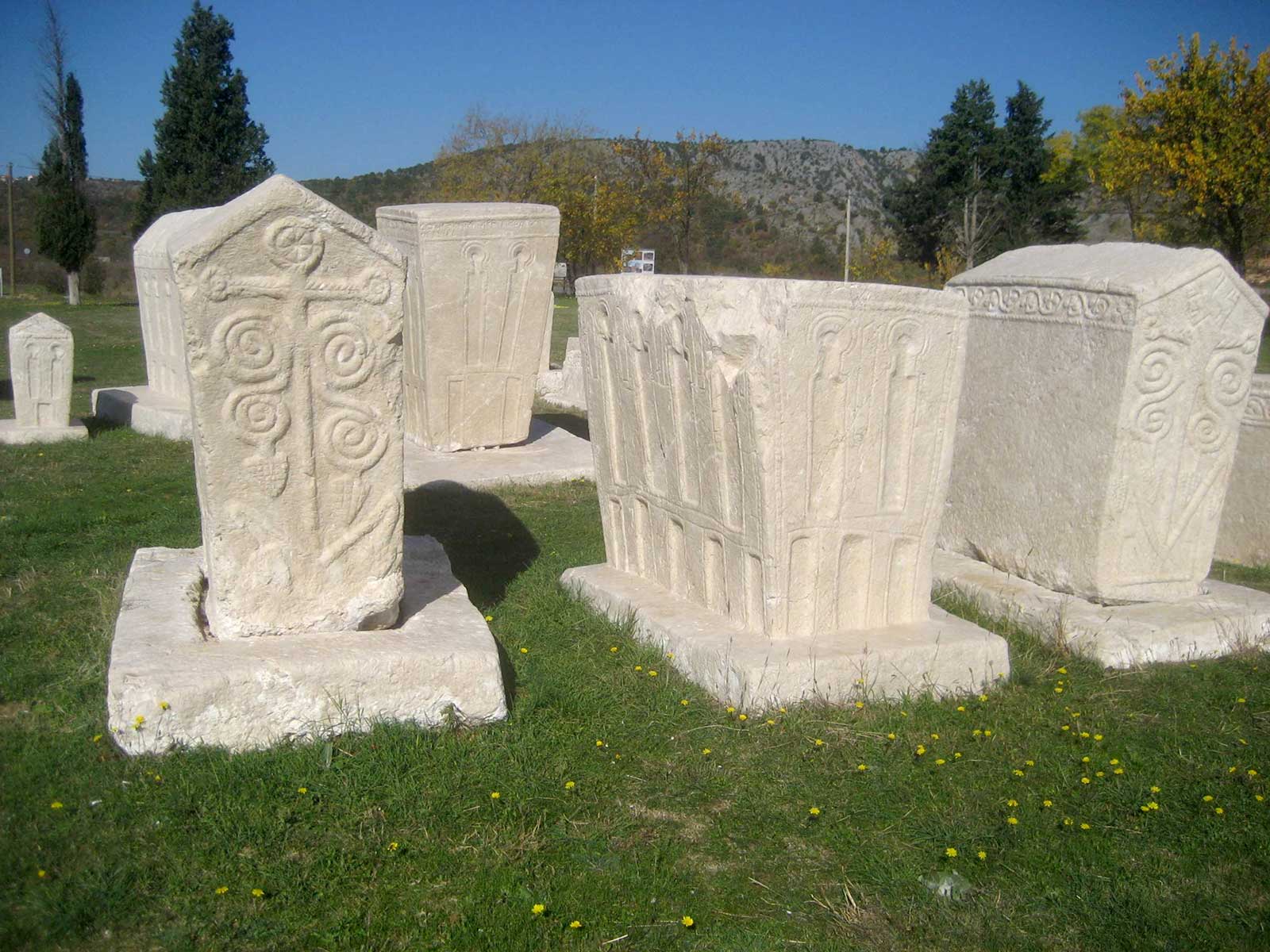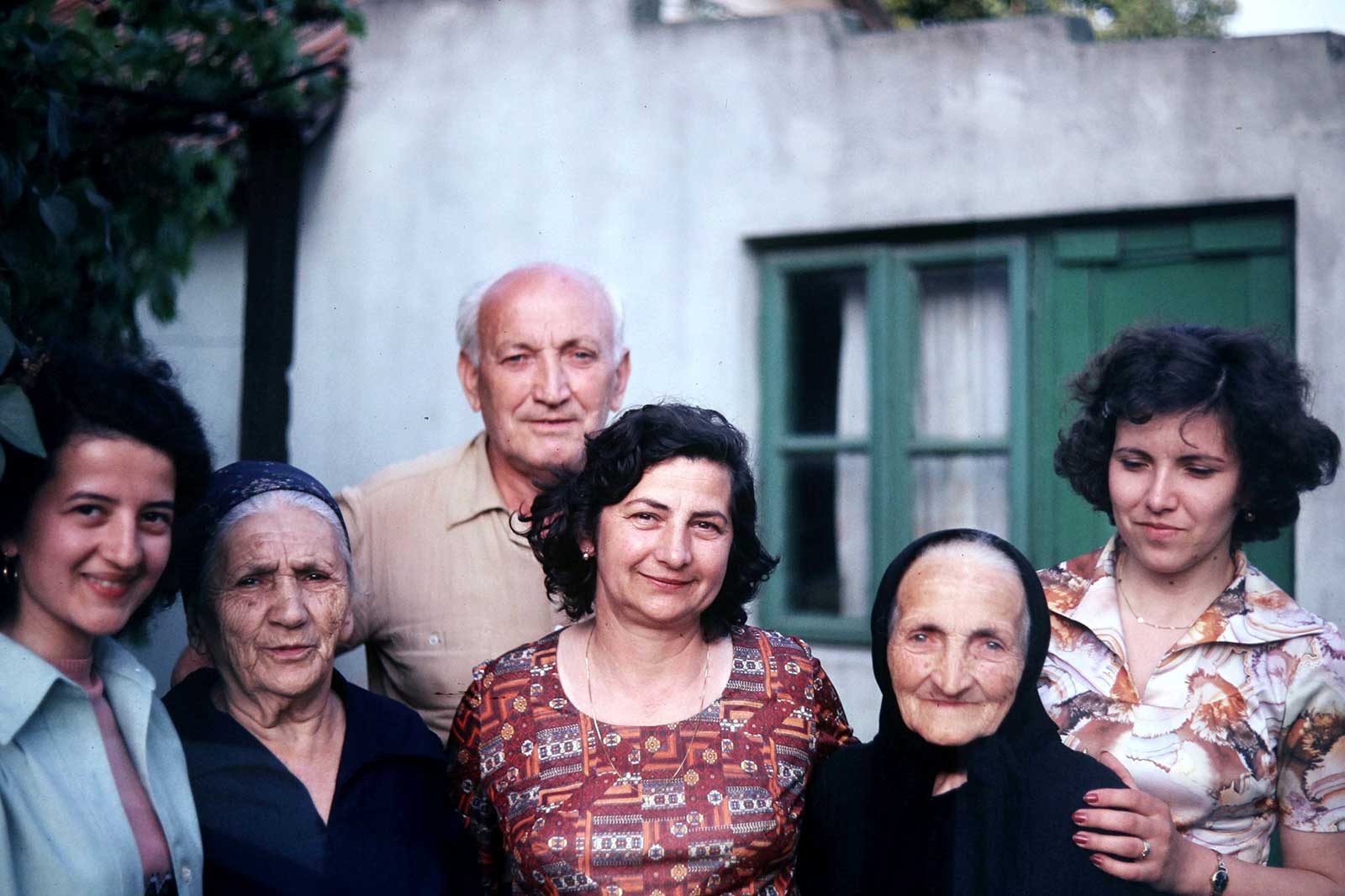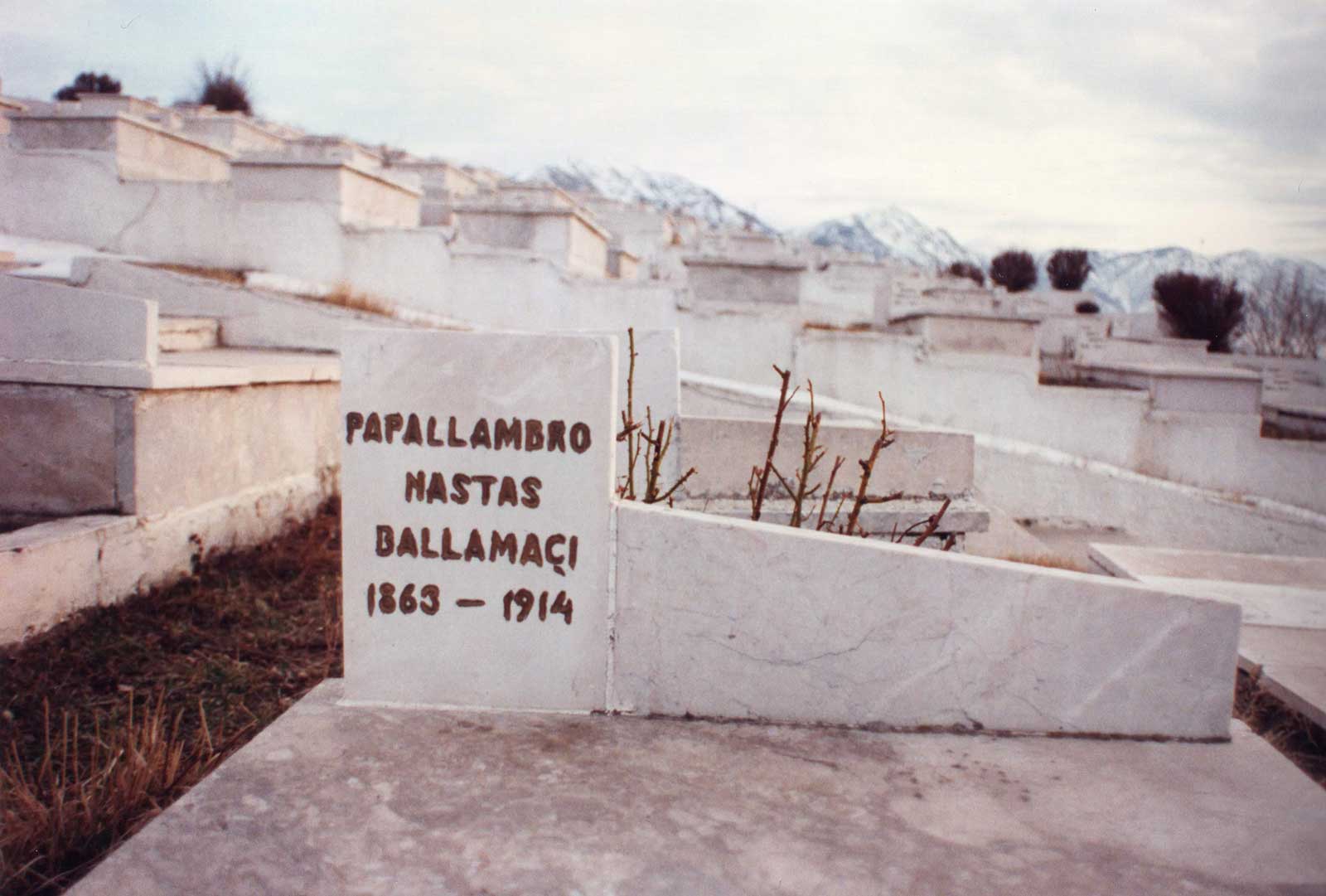Southern Albania, Northern Epirus: Survey of a Disputed Ethnological Boundary
This paper is based on several short visits to Albania between 1992 and 1995. It is, I hope, an objective and accurate account, but makes no pretense at giving a full or final picture. A full picture could only be presented if every village in the area were visited, no light undertaking in view of ...
Read More →
From the Editor
It’s been almost 3 years since the euphoric discovery that the Aromanian community in Albania had somehow survived communism and was organizing to preserve itself. At the time, scholars were estimating our population in the Balkans at around 50,000 and declining fast; here was a forgotten pocket of Vlachs claiming to be some 250,000 strong! ...
Read More →
Exclusive to the Society: Excerpts from Shattered Eagles – Balkan Fragments
Preface This book has been written at odd moments in the last four years. Some chapters have been developed from lectures I gave during these years. Some recount Balkan adventures squeezed in between writing these lectures and carrying out the normal duties of an English university lecturer. We hear much of the onerous nature of ...
Read More →
Community News
The Society is pleased to welcome two new members: Chris Gatz of New South Wales, Australia (he is featured in an article in this issue about the Aromanians down under) — Mr. Gatz was born in the Farsarot village of Kefalovrison (Megidia), in the province of Epirus, Greece; and Christy M. Kara of Omaha, Nebraska, who recently discovered his ...
Read More →
A Tree Grows Down Under: The Aroumanian Australians
The emblem of the Australian Aroumanian Society is a tree stump with a healthy, yet fragile new growth springing from one side. And that sums up pretty well how the members consider the state of Aroumanian culture — in fresh and vibrant rebirth. Officially, the 800-member strong society is only a year and a half ...
Read More →
Did You Know… What Other People Have to Say about Us?
The major Greek migration to Rhode Island began in the 1890s… According to extant records, Greek migration to Providence began in 1898. The period from 1898 to 1902 brought John Coufoudakis, Costas Costakos, Dr. Haralambie Cicma, Theordore Kanelos, and Dr. George Aloucos to the capital city… The distinction of being the state’s first Greek settler, ...
Read More →
The Vlachs in Bosnia
Editor’s Note: The turmoil in the Balkan Peninsula in recent years has led some of the world’s sharpest minds to focus on the history of that tragic region. Their discoveries are of interest to all who are concerned with the Balkans, including the Vlachs, as the following excerpt shows. Although there are many recorded cases ...
Read More →
From the Editor — The Failure of the Ethnic-State
Not long ago I attended a lecture about Woodrow Wilson and his support of the right of ethnic groups to have their own states — a principle that falls into greater disrepute with each new atrocity committed in its name. At the lecture’s end, a bow-tied professor with an elegant accent arose and said, “Yes, ...
Read More →
Letter from Albania
Editor’s Introduction: Two issues ago we published Helen Winnifrith’s absorbing account of her journey to Albania with her husband Tom. We now publish Prof. Tom Winnifrith’s description of his follow-up visit to Albania. Prof. Winnifrith is the editor and contributing writer for the recently published Perspectives on Albania (St. Martin’s Press, 1993) and is currently working on a ...
Read More →
Community News
We welcome with great pleasure new member Terry A. Terezi of Florida, whose parents hailed from the once famous town of Voskopolje. As announced by President Robert Nicola at the 90th Anniversary Dinner Dance, the Society wishes to express its deepest appreciation to Ms. Margaret Caciavely for her generous donation in memory of her late ...
Read More →
The Tamposi Brothers, Pioneers in American Civil Aviation
Nick, Jim and Sam. With such familiar American names they could be three brothers in any Yankee family. But their common names mislead us, for they belong to three very uncommon men. They are the stalwart sons of George and Aspasia Tamposi, who immigrated here from the mountain hamlet of Avdhella, Greece, at the start ...
Read More →
Do You Know What Others Have to Say about Us?
Each stall-holder has something special to tempt the difficult customers. Some tsouknides (nettles) that are boiled and given to those with upset stomachs; roka (rocket) or Vlach herb and mixes of horta (wild greens) called moschucite for using in pies. A man with a wheelbarrow of giant and baby leeks and spring onions, blocks the road, anxious to sell as quickly as possible. ...
Read More →
A Report on the Aromani in Romania
AUTHOR’S PREFACE This study was conducted over 18 months ago and the following report submitted to the Society Farsarotul General Assembly in November 1992. Very little has changed for the Aromani in Romania since that time. Romania is in economic and political turmoil with tremendous inflation, unemployment and a self-promoting leadership. The Romanians and Aromani continue their struggle to ...
Read More →
From the Editor
After a spurt of activity during the 1980s, the Vlach cultural revival has stalled. The reasons are not hard to find. Greek nationalism was brought to a fever pitch by the breakup of Yugoslavia and attempted creation of a republic named Macedonia, and now over the question of “Northern Epirus” (southern Albania, long claimed by ...
Read More →
An Interview with Dr. Hristo N. Colakovski
CORRESPONDENT’S PREFACE: This piece developed in the first three months of 1993. Because of mutual busy schedules, I incorporated Hristo’s written responses to my initial questionnaire with an 11 March 93 interview. Since I also drew upon discussions held with Dr. Colakovski since he first arrived in the United States four years ago, I asked ...
Read More →
Community News
We welcome with great pleasure our newest member, Mr. Ovidiu Ocrain of Fairfield, CT. The number of new members increased markedly when the Newsletter first began publication, but it has since slowed down. If you like our publication but are not a member, we encourage you to join the Society Farsarotul; if you are already ...
Read More →
Letters to the Editor
Dear Editor, I would like to thank Helen Winnifrith for sharing her extraordinary and eye opening visit to Albania in the last Newsletter. I respected her candor, compassion and humor — who could forget that chicken in Voskopojë — and was deeply moved by her various encounters with our community there. Robert N. Talabac Astoria, ...
Read More →
Some Extraordinary Vlachs
In the past few months, I have been thinking of some of our people who have done extraordinary things and have distinguished themselves in a wide range of undertakings. Let me share some portraits of these people with you. Dermatology and Miniature Cameras I will begin with the late Dr. Haralambie Cicma, a dermatologist. As a ...
Read More →
The Vlachs in Albania: A Travel Memoir and Oral History
My father left Albania in 1916, but even fifty years later he enjoyed telling me how difficult his journey to the United States had been. By this he meant not the seaward leg of the voyage, as other immigrants might, but the route on land. “Balkan” is Turkish for mountain, and it is notoriously difficult ...
Read More →
A Biography of Nicholas A. Sholler, MD
The Society Farsarotul presented its 1992 Distinguished Service Award to one of our most beloved leaders, Nicholas A. Sholler, MD, at our 89th Anniversary Celebration, held on June 13th, 1992 at the Fairfield University Oak Room. The son of Andrea and Vasila Vanghele Shola, Nicholas A. Sholler was born in Korce, Albania. Variants of his family name ...
Read More →




